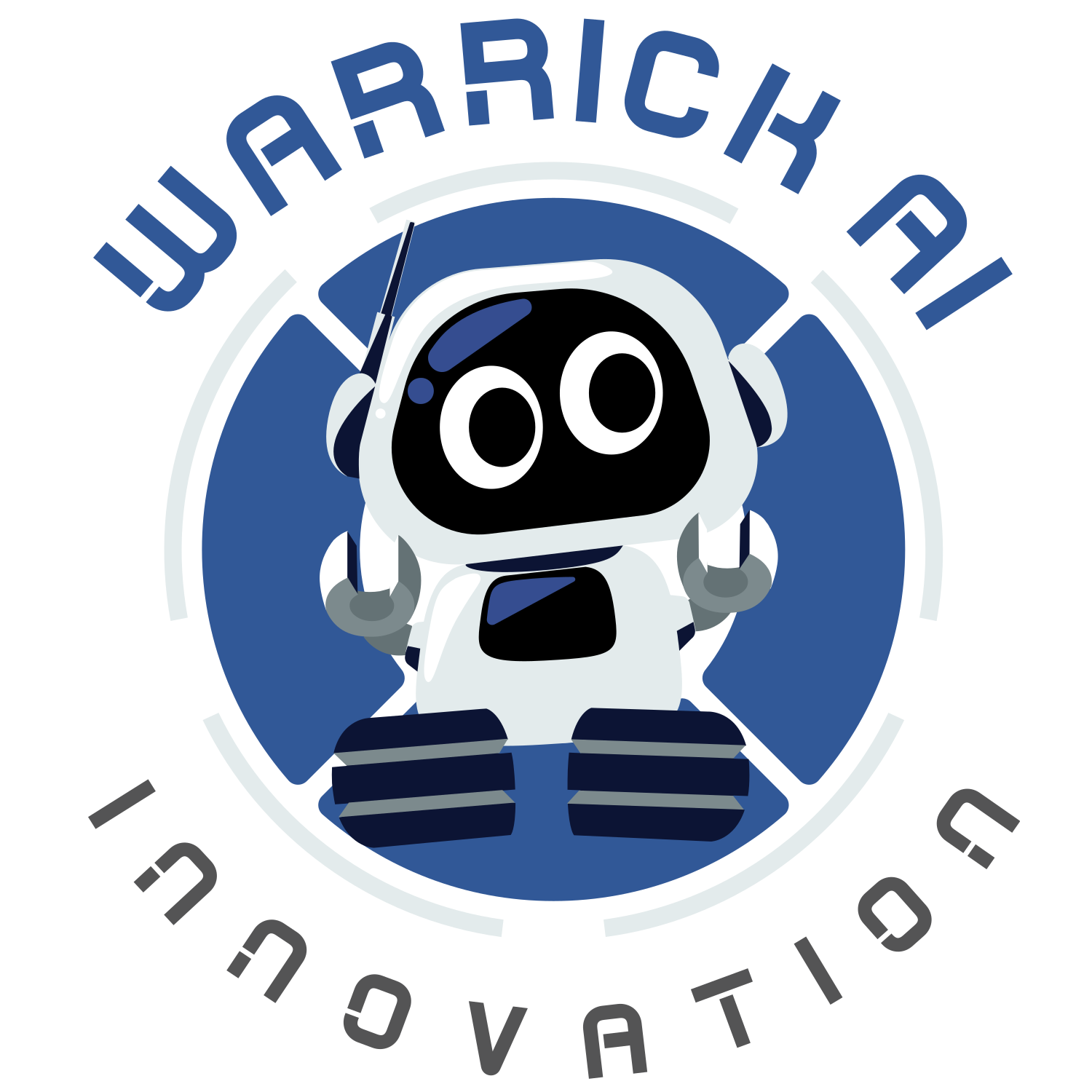
- Custom AI/ML model development
- Data pipeline and infrastructure setup
- AI system integration with existing platforms
- Cloud migration for AI workloads
- Model deployment and optimization
- AI Agents
Engineering Robust AI Infrastructure for Enterprise Success
The technical implementation of AI systems represents one of the most critical phases in AI transformation, where strategic vision meets operational reality. Warrick AI’s technical implementation services bridge the gap between AI aspirations and production-ready systems, ensuring that organizations deploy robust, scalable, and secure AI infrastructure capable of delivering sustained business value.
Infrastructure Architecture and Design
Successful AI implementation begins with comprehensive infrastructure architecture that addresses the unique computational demands of artificial intelligence workloads. Unlike traditional enterprise applications, AI systems require specialized hardware configurations, high-throughput data processing capabilities, and low-latency networking infrastructure to operate effectively.
Warrick AI’s technical implementation approach encompasses the entire technology stack, from hardware selection and network configuration to software orchestration and security protocols. This systems-level perspective ensures that all components work harmoniously to deliver optimal AI performance while maintaining operational reliability.
The infrastructure design process includes careful evaluation of computational requirements, data flow patterns, and integration touchpoints with existing enterprise systems. This analysis ensures that AI infrastructure investments align with both current operational needs and future scalability requirements.
Deployment Strategies and Integration
Technical implementation requires sophisticated deployment strategies that minimize operational disruption while maximizing system performance. Warrick AI employs zero-downtime deployment methodologies that allow organizations to integrate AI capabilities seamlessly with existing business processes and technology environments.
The integration approach addresses data connectivity, API development, and workflow orchestration to ensure that AI systems enhance rather than complicate existing operational patterns. This includes developing custom connectors, middleware solutions, and data transformation pipelines that enable smooth communication between AI systems and legacy enterprise applications.
Container orchestration and cloud-native deployment strategies provide the flexibility and scalability necessary for enterprise AI operations. These modern deployment approaches enable rapid scaling, efficient resource utilization, and simplified management of complex AI workloads across diverse computing environments.
Performance Optimization and Monitoring
Effective AI implementation extends beyond initial deployment to include comprehensive performance optimization and monitoring systems. Warrick AI’s technical implementation services establish monitoring frameworks that track system performance, model accuracy, and resource utilization in real-time.
Performance optimization involves fine-tuning hardware configurations, optimizing data processing pipelines, and implementing intelligent resource allocation strategies that ensure consistent AI performance under varying workload conditions. This proactive approach prevents performance degradation and maintains service quality as AI systems scale.
The monitoring infrastructure includes automated alerting systems, performance dashboards, and diagnostic tools that enable rapid identification and resolution of technical issues. These systems provide operational teams with the visibility necessary to maintain optimal AI performance and prevent costly system failures.
Security and Compliance Implementation
Technical implementation must address the complex security requirements associated with AI systems handling sensitive enterprise data. Warrick AI implements comprehensive security frameworks that include data encryption, access controls, audit logging, and compliance monitoring systems.
The security architecture addresses both data protection and model security, ensuring that AI systems resist unauthorized access while maintaining the integrity of training data and model parameters. This includes implementing secure data transfer protocols, encrypted storage solutions, and access management systems that protect intellectual property and sensitive information.
Compliance implementation ensures that AI systems meet industry-specific regulatory requirements, including data privacy regulations, financial compliance standards, and healthcare information protection protocols. These compliance frameworks provide audit trails and documentation necessary for regulatory reporting and risk management.
DevOps and Lifecycle Management
Modern AI implementation requires sophisticated DevOps practices that support continuous integration, automated testing, and streamlined deployment processes. Warrick AI establishes CI/CD pipelines specifically designed for AI workloads, including automated model validation, performance testing, and deployment orchestration.
The lifecycle management approach includes model versioning, rollback capabilities, and automated model retraining processes that ensure AI systems remain accurate and effective over time. These operational frameworks enable organizations to maintain competitive AI capabilities while minimizing operational overhead and technical debt.
Through comprehensive technical implementation services, Warrick AI ensures that organizations deploy AI infrastructure that delivers immediate value while providing the foundation for long-term AI-driven innovation and competitive advantage.
